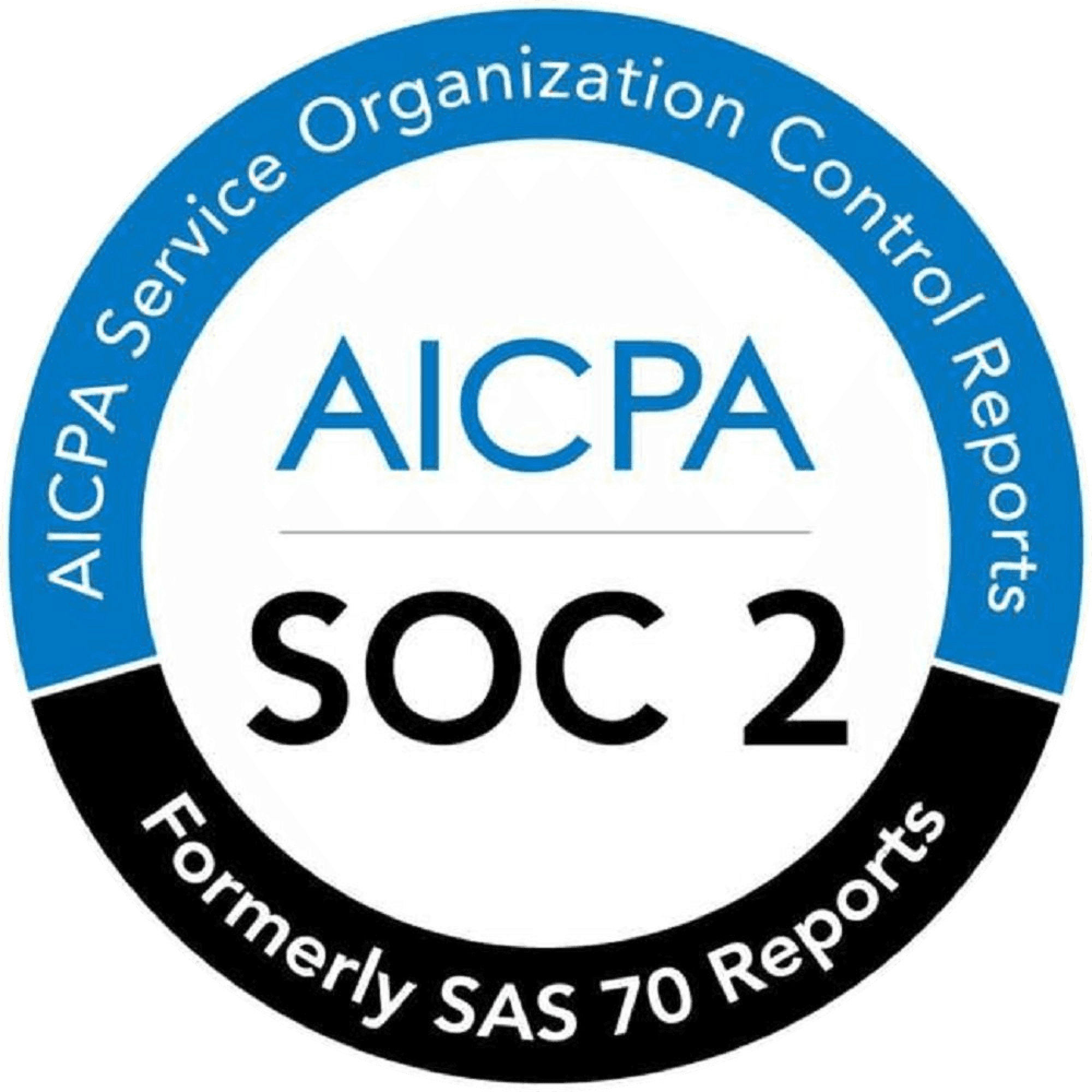GitHub Enterprise Server (GHES) is a self-hosted version of GitHub, giving organizations full control over their software development, data security, and tool integration but a severe vulnerability (CVE-2024-6800) with a CVSS score of 9.5 allows attackers to gain admin access, putting your code and data at risk.

What is CVE-2024-6800?
CVE-2024-6800 is a critical security issue in GitHub Enterprise Server's SAML authentication. It allows attackers on the same network to trick the system into thinking they're a legitimate user, letting them access and change repositories, steal sensitive information, and even spread harmful code across all projects hosted on the server.
How the Exploit Works
Vulnerability is linked to an XML signature wrapping flaw in GitHub Enterprise Server (GHES) when using SAML authentication with certain identity providers.
Let's see how an attacker can exploit the way XML signatures are handled. They can manipulate the signed XML document in such a way that the server incorrectly interprets the data, allowing the attacker to insert malicious content while still appearing valid.
Forging a SAML Response: The attacker, who must have network access to your GitHub server (either through your internal network, a VPN, or an exposed interface), can create a fake SAML authentication response. This forged response tricks the server into thinking that the attacker is a legitimate user.
Gaining Admin Access: With this forged response, the attacker can bypass the usual authentication checks and gain unauthorized access to the GitHub server. Worse, they can provision themselves or another account as a site administrator, giving them full control over the server.
Impact of CVE-2024-6800
Repository Compromise: Attackers can alter or delete critical code, inject backdoors, and disrupt workflows.
Data Breach: Unauthorized access to proprietary code and customer data, leading to potential exfiltration.
Operational Disruption: Admin access can lead to significant downtime and financial losses, crippling your development pipeline.
⚠️ With GitHub Enterprise Server widely used across industries, the fallout of CVE-2024-6800 can be both technical and legal.
Affected Versions of GitHub Enterprise Server
The vulnerability impacts the following GHES versions:
3.10.0 – 3.10.15
3.11.0 – 3.11.13
3.12.0 – 3.12.7
3.13.0 – 3.13.2
How to Fix?
To address CVE-2024-6800, GitHub has released patches for all affected versions. The patched versions are:
3.13.3
3.10.16
3.11.14
3.12.8
How to Protect Your Systems
To secure GitHub Enterprise Server against CVE-2024-6800:
Update Immediately → Apply the latest patched version.
Audit Security Configurations → Review SAML settings and enforce best practices.
Monitor Logs → Track repositories and server logs for suspicious activity.
Harden Access → Limit admin privileges and enforce MFA for all accounts.
Related CVEs to Watch
GitHub’s critical flaw is part of a growing trend of enterprise security risks:
Timely Patch Management
CVE-2024-6800 shows why it's crucial to stay on top of security updates. This flaw can let attackers take over your GitHub Enterprise Server if not fixed quickly. By following CodeAnt.ai, you can stay informed about critical issues like this and know what needs to be patched. Make sure your team applies the latest updates to protect your systems. Check GitHub's official guide for help on patching this vulnerability.
FAQs
What is GitHub Enterprise CVE-2024-6800?
How can attackers exploit CVE-2024-6800?
What are the risks of not patching CVE-2024-6800?
How can organizations protect GitHub Enterprise Server?
Is CVE-2024-6800 as severe as other recent vulnerabilities?















